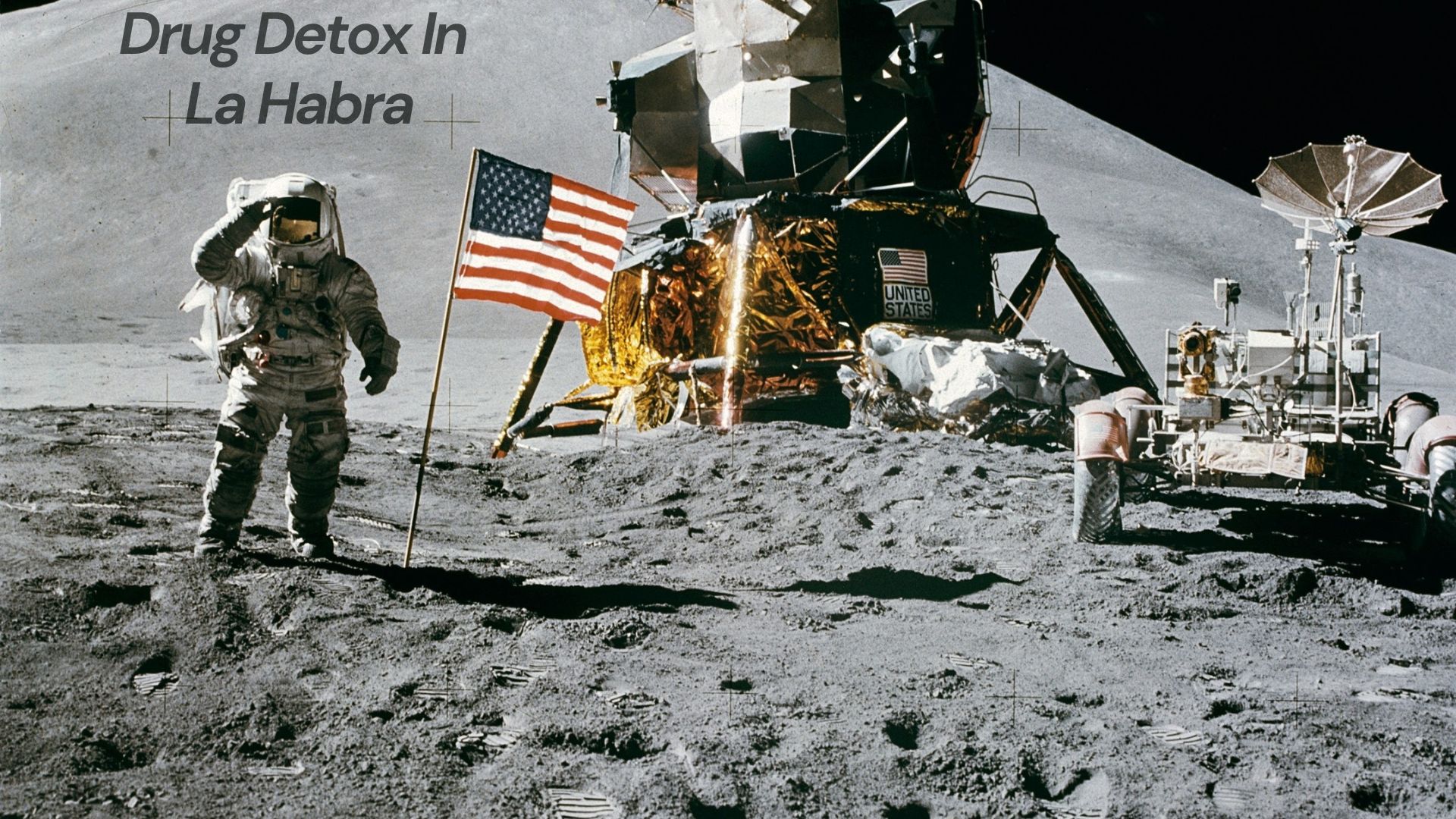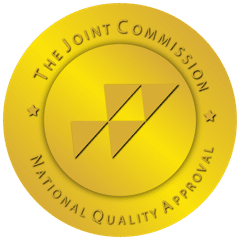Detoxification, often the first step in the journey to recovery from addiction, is a critical process that involves clearing the body of harmful substances. However, detox is not just about eliminating toxins; it’s a complex phase that requires careful management of withdrawal symptoms and overall health.
Understanding the Detox Process
Detoxification, or detox, is the first and often the most crucial step in addiction recovery. It involves the body clearing itself of harmful substances, such as alcohol, opioids, or other drugs. Here’s a breakdown of the detox process and why it’s so essential:
- What Detox Involves:
- Detox is not just about removing toxins; it’s also about managing withdrawal symptoms that arise when the body adjusts to the absence of a substance it has become dependent on.
- Physical and Psychological Challenges:
- Withdrawal Symptoms: As the body begins to cleanse itself, individuals may experience a range of symptoms. These can vary based on the substance and the extent of the addiction.
- Severity of Symptoms: Symptoms can be mild, such as headaches or irritability, but they can also be severe, such as seizures, hallucinations, or delirium tremens (DTs) in cases of alcohol withdrawal.
- Why Medical Supervision is Critical:
- Monitoring and Safety: Medical professionals provide constant monitoring to manage these symptoms and ensure the individual’s safety throughout the detox process.
- Medications and Interventions: In some cases, medications are administered to ease withdrawal symptoms and prevent complications, making the detox process safer and more comfortable.
- Substances Requiring Special Attention:
- Alcohol: Withdrawal from alcohol can be dangerous, with risks including severe dehydration, seizures, and DTs.
- Opioids and Benzodiazepines: These substances often require a medically supervised detox to manage intense cravings and potentially life-threatening withdrawal symptoms.
The Importance of Medical Supervision During Detox
Detoxing from drugs or alcohol is not only challenging but can also be dangerous if not done under proper medical supervision. Here’s why medical supervision is a crucial part of the detox process:
Managing Severe Withdrawal Symptoms
Withdrawal symptoms during detox can range from uncomfortable to life-threatening, making medical supervision essential.
- Physical Risks: Withdrawal from substances like alcohol or opioids can lead to severe physical symptoms, including seizures, hallucinations, and delirium tremens (DTs) in extreme cases. These conditions require immediate medical attention to prevent serious complications.
- Emotional and Psychological Strain: Detox also involves significant emotional and psychological challenges. Individuals may experience anxiety, depression, and intense mood swings, which medical professionals help manage through both medication and counseling.
Safety and Monitoring
The safety of the individual undergoing detox is a top priority, and continuous monitoring by healthcare professionals is crucial.
- Continuous Monitoring: Medical staff regularly check vital signs—such as heart rate, blood pressure, and temperature—to ensure the individual’s health remains stable throughout the detox process. This constant vigilance allows for quick responses to any arising complications.
- Medication Management: During detox, certain medications are often administered to alleviate withdrawal symptoms and reduce cravings. For example, benzodiazepines might be used to manage alcohol withdrawal symptoms, while methadone or buprenorphine could be utilized for opioid detox.
Preventing Complications
Medical supervision during detox significantly reduces the risk of complications and relapse.
- Immediate Intervention: Should severe symptoms develop, such as seizures or cardiac issues, medical professionals are on hand to provide immediate care, which can be life-saving.
- Reducing Relapse Risk: By managing both the physical and psychological symptoms of withdrawal, medical supervision lowers the chances of a relapse during the vulnerable detox phase.
Personalized Care and Support
Each individual’s detox experience is unique, requiring a tailored approach to care.
- Tailored Treatment Plans: Detox centers provide individualized care plans based on the specific substance, duration of use, and the person’s overall health. This personalized approach ensures that each person’s unique needs are met during the detox process.
- Emotional and Psychological Support: Beyond physical care, detox centers in Anaheim offer emotional and psychological support through counseling and therapy, helping individuals manage the mental health challenges that often accompany detox.
By opting for a medically supervised detox at a center in Anaheim, individuals set themselves up for a safer and more effective start to their recovery journey.
The Role of Emotional and Psychological Support in Detox
Detoxification is not only a physical process but also an emotionally and psychologically challenging journey. During detox, individuals often experience intense emotions and mental health challenges that need to be addressed alongside physical symptoms. Here’s why emotional and psychological support is crucial during detox:
Addressing Emotional Challenges
- Emotional Turmoil: As the body adjusts to the absence of addictive substances, individuals may experience heightened anxiety, depression, irritability, and mood swings. These emotional responses are common as the brain’s chemistry begins to rebalance itself without the substance.
- Supportive Counseling: Having access to counseling during detox can help individuals process these emotions. Therapists and counselors provide a safe space to talk through fears, anxieties, and other emotional difficulties, offering coping strategies and emotional support.
Psychological Support and Its Importance
- Managing Cravings and Triggers: Cravings for the substance is a common psychological challenge during detox. Without proper support, these cravings can lead to relapse. Psychological support, including cognitive-behavioral therapy (CBT), can help individuals recognize and manage these cravings effectively.
- Building Mental Resilience: Detox centers in Anaheim often incorporate therapy and support groups that focus on building mental resilience. This helps individuals develop the strength to face the psychological aspects of addiction, reducing the risk of relapse.
Creating a Supportive Environment
- Peer Support: Being surrounded by others who are going through similar experiences can be incredibly supportive. Group therapy sessions allow individuals to share their struggles and successes, fostering a sense of community and belonging.
- Holistic Approaches: Many detox centers also offer holistic therapies such as mindfulness, meditation, and relaxation techniques. These practices help individuals manage stress and anxiety, promoting a calmer, more focused mindset during detox.

Choosing the Right Detox Center in Anaheim
Selecting the right detox center is a critical decision in the journey to recovery. The right center can make all the difference in ensuring a safe, comfortable, and successful detox experience. Here are some key factors to consider when choosing a detox center in Anaheim:
Accreditation and Licensing
- Importance of Accreditation: Ensure that the detox center is accredited by recognized health organizations, such as the Joint Commission or the Commission on Accreditation of Rehabilitation Facilities (CARF). Accreditation is a sign that the center meets high standards of care and safety.
- Licensing Requirements: The center should be fully licensed by the state of California to provide medical detox services. This ensures that the facility complies with state regulations and employs qualified healthcare professionals.
Experienced Medical Staff
- Qualified Healthcare Providers: Look for a detox center staffed with experienced doctors, nurses, and therapists who specialize in addiction medicine. The expertise of the medical team is crucial for managing withdrawal symptoms and providing comprehensive care.
- 24/7 Medical Supervision: The center must offer round-the-clock medical supervision, particularly for those detoxing from substances like alcohol or opioids, where withdrawal can be severe and unpredictable.
Comprehensive Support Services
- Integrated Care Approach: The best detox centers offer more than just medical detox; they provide integrated care that includes emotional and psychological support. This can include counseling, therapy sessions, and access to support groups, all of which are vital for addressing the mental health aspects of addiction.
- Personalized Treatment Plans: A good detox center will tailor its services to meet the specific needs of each individual. This includes creating a personalized detox plan based on the type of substance used, the severity of the addiction, and any co-occurring mental health conditions.
Location and Accessibility
- Proximity to Home and Support Networks: Choosing a detox center close to home in Anaheim allows for easier access to the facility and the ability to stay connected with family and friends, who can provide essential support during the recovery process.
- Continuity of Care: Consider a center that offers seamless transitions to other levels of care, such as Intensive Outpatient Programs (IOPs) or residential treatment centers in nearby locations like Fullerton. This ensures that the support continues beyond the detox phase.
Aftercare Planning
- Comprehensive Aftercare Plans: The detox center should provide a clear plan for aftercare, which is crucial for long-term recovery. This might include referrals to outpatient programs, ongoing therapy, or participation in support groups like AA or NA.
- Support Beyond Detox: Effective detox centers understand that detox is just the first step in a long recovery journey. They should provide resources and guidance to help individuals continue their recovery after they leave the detox facility.
Taking the First Step Toward Recovery
Detoxification is a critical first step in the journey to overcoming addiction, but it should never be taken alone. The right detox center in Anaheim can provide the medical supervision and emotional support necessary to navigate this challenging phase safely and effectively. By choosing a center that offers comprehensive care, experienced medical staff, and personalized treatment plans, you can set the foundation for a successful recovery.
At Lift Off Recovery, we are committed to helping you or your loved one begin the path to a healthier, sober life. If you’re ready to take the first step, don’t hesitate to reach out to us today. Our team is here to support you every step of the way.
Contact us at Lift Off Recovery to learn more about our detox programs and how we can assist you in your recovery journey.




